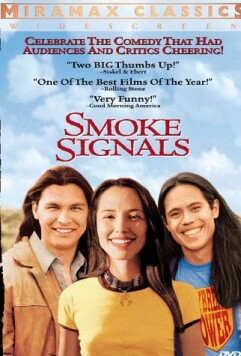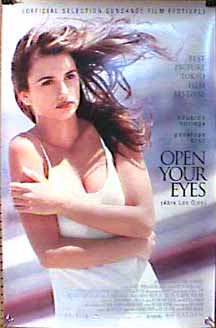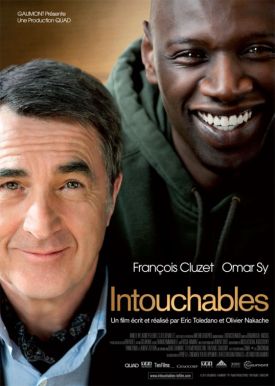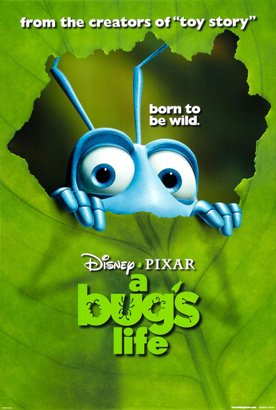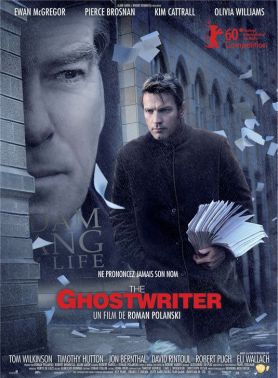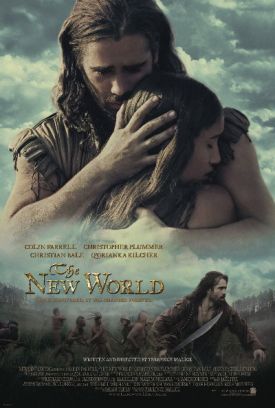Smoke Signals
People who are obsessed, as so many people are these days, with racial,
ethnic, or sexual identity must lead very dull lives, for it is ridiculously
easy to entertain them. In Whatever, for instance, I heard be-sandaled
feminists burst into hoots of laughter when one woman told another that she
wishes her scruffy-looking daughter would take more trouble over her appearance.
Similarly, in Smoke Signals, directed by Chris Eyre from a script by the
hot young American Indian writer, Sherman Alexie, the audience in whose company
I saw it seemed to find it amusing when one Indian on the Coeur d’Alene Indian
reservation in Idaho asked another for something in return for a lift — in a
car she drives only in reverse — by saying: “We’re Indians, remember? We
barter.” It was also taken as funny when the second Indian repaid her with a
story (not a very interesting or plausible story, it has to be said) and she
said: “A fine example of the oral tradition.”
Do Indians really talk like this to each other? Not having spent a lot of
time with Indians, I cannot say, but it seems improbable on the face of it.
Would a disk jockey at a ramshackle reservation radio station, KREZ, greet
listeners by crowing: “It’s a good day for being indigenous”? And would his
fellow indigenes think it particularly witty of him if he did so? Maybe I am
just suspicious by nature, but this kind of thing sounds to me the teensiest bit
inauthentic. These are jokes intended for the white man, I think. The racially
self-conscious white man. Who else would find it funny when two Indians start up
a chant about John Wayne’s teeth, or one Indian undertakes to instruct another
in how to be an Indian by saying: “Indians ain’t supposed to smile like that;
get stoic.”
The best joke in the movie, judging by the audience reaction, came as a young
woman thanked two young Indians for helping her by saying that they were “like
the Lone Ranger and Tonto.”
“No,” says one of the lads. “It’s more like we’re Tonto and Tonto.” This
produced gales of hilarity, but I couldn’t quite see it myself. One wishes, of
course to be polite toward our indigenous brethren, and to encourage their
charming artistry, whether in beads, rugs or movies, but patrons should be
warned that this is the artistic apogee to which the film ascends, and the rest
of it is a pretty grim slog.
True, it does have a serious purpose. Victor Joseph (Adam Beach) and his
buddy Thomas Builds-the-Fire (Evan Adams) undertake a trip from Idaho to Phoenix
to fetch home the ashes of Victor’s father, Arnold (Gary Farmer), who walked out
on his family ten years before. Both young men owe something to the old man,
since Thomas, an orphan living with his grandmother, was saved by Arnold from
burning in the conflagration that took the rest of his family on bicentennial
day, July 4, 1976. When Granny tells him that he “did a good thing,” Arnold
Joseph starts to cry. “I didn’t mean to,” he whimpers.
This would have been a better line had we not found out later on that he also
started the fire and may have gone away partly because he was so guilt-stricken
about it. But the whole thing is designed to lead up to the concluding poem by
Mr Alexie, read in voiceover on the soundtrack, called “Forgiving our Fathers.”
Forgiving them for what? For, as the poem makes clear, just about anything and
everything including (I guess) being Indians and not being Indians. There is a
certain poignancy to the Indian’s half-way status, to be sure, but I wonder if
the Indians themselves feel it quite as much as the white liberals for whom this
film is intended?
Discover more from James Bowman
Subscribe to get the latest posts to your email.

